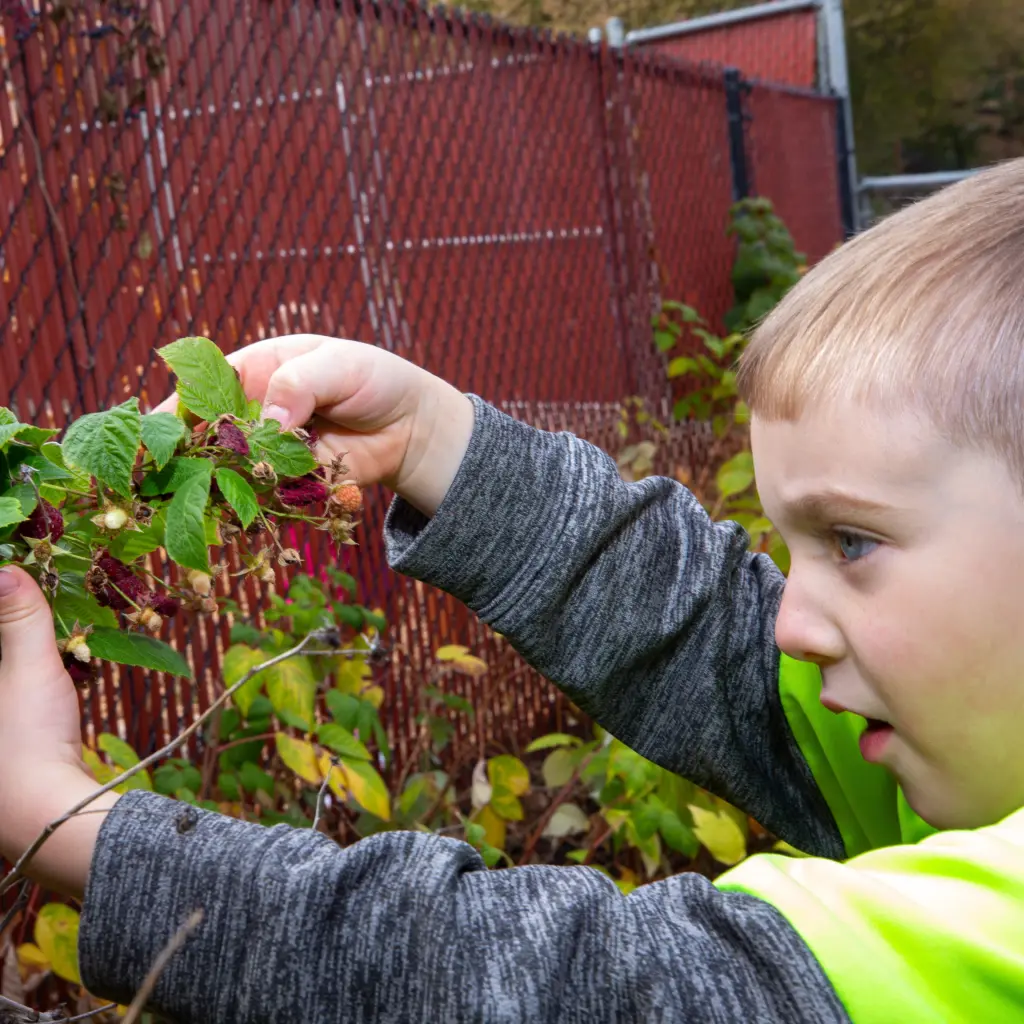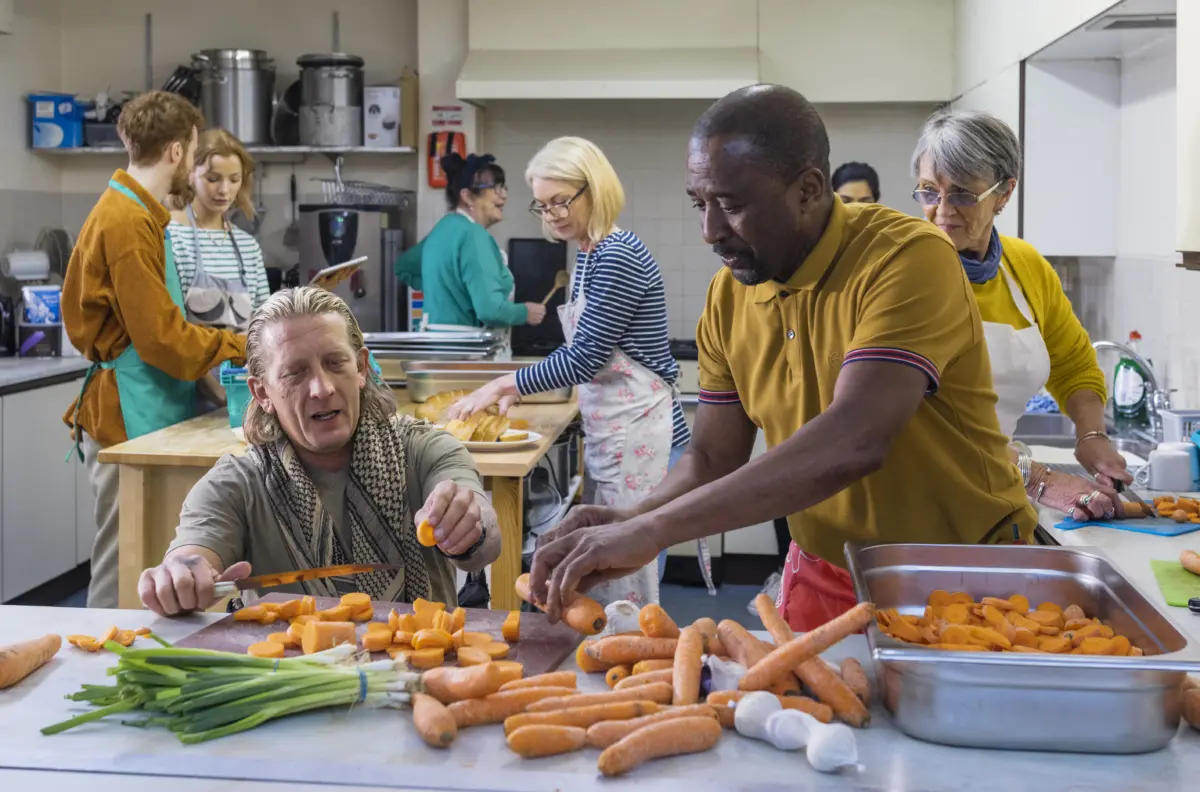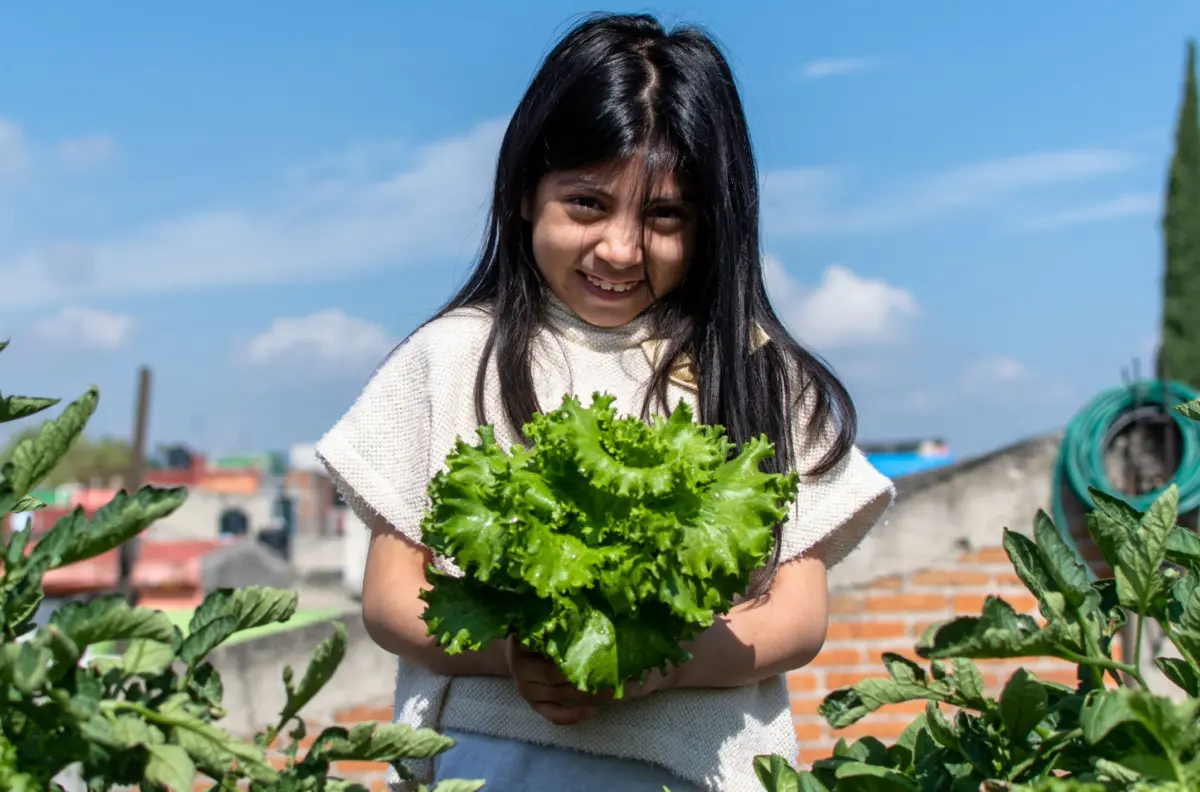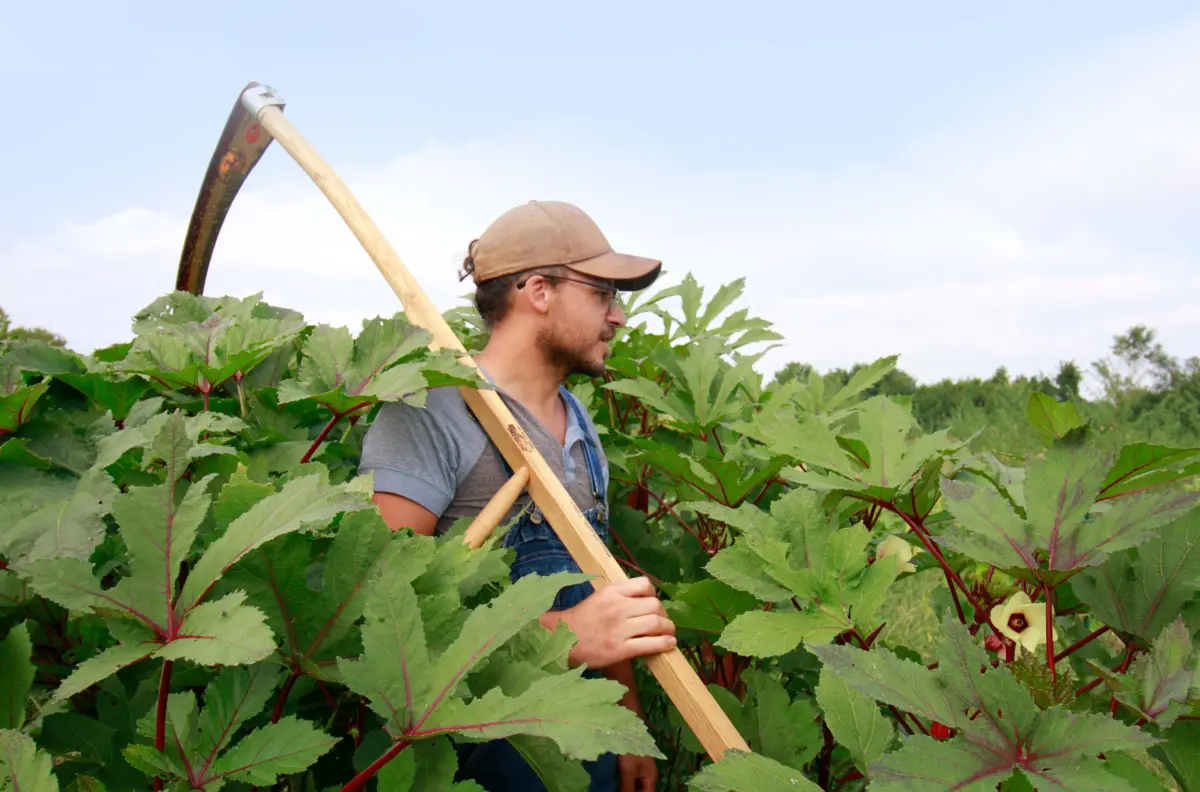It’s important to note the context the team was working in. The St. Francis Indian School was already operating free and reduced-price lunch programs for upwards of 95 percent of its students. The community has experienced generations of deep poverty and it is not uncommon for kids to show up to school hungry. They knew from experience that to effect change, one program wouldn’t be enough—but it was something.
It didn’t take long to see the ripple effects from classroom to home kitchens across the community. Students learned how to cook nutritional recipes in their classrooms on a Friday, and then were equipped with the ingredients and newfound skills to role model to their parents, siblings, and grandparents over the weekend. For many kids, their excitement could not be contained—“What’s the secret ingredient today?” “What new twist are we putting on the recipe?”
At its core, Bountiful Backpacks boosted food security by ensuring that kids and families had enough food to eat. But beyond this, it transformed diets by increasing fruit and vegetable consumption, provided nutrition and cooking education, and improved not only the health of the students, but their immediate and extended families. And by partnering with community grocery stores, the program also supported the local economy.



